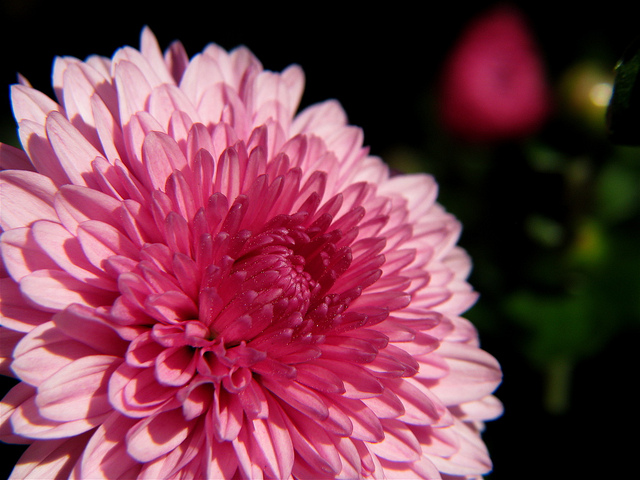
There’s a lot of false information swirling around these days about what causes breast cancer.
It can be really confusing and overwhelming to sift through what information is valid and what is just plain untrue. Not only that, but some of this information can make the difference in early breast cancer detection.
That’s why we’re debunking these 5 myths that you may have heard about breast cancer.
1. Only women with a family history of breast cancer are at risk
It is important to get annual breast exams, even if you don’t have a family history of the illness. According to Health.com, about 70% of women diagnosed with breast cancer each year had no identifiable risk factors. However, if you have a family history—especially with first-degree relatives, your breast cancer risk is increased.
2. Bras increase your risk
This is an absolute myth. Science has finally debunked the idea that wearing an underwire bra increases your risk for a breast cancer diagnosis. According to the Susan G. Komen Foundation, the two have been found to be unrelated.
3. Breast cancer always comes with a lump
This myth is a real problem. Many women believe the only warning sign for breast cancer is finding a lump. A lump is certainly something you should look for, but women should also look for other, sometimes less noticeable, changes in their breasts. Some of these changes include nipple pain or retraction, skin irritation or scaliness, and breast swelling.
4. Your father’s family history doesn’t impact your risk as much as your mother’s
The women on your father’s side of the family increase your risk just as substantially as your mother’s. Make sure to educate yourself on common family illnesses on both sides of your family at least two generations back.
5. Drinking too much caffeine causes cancer
Good news for all you coffee drinkers out there: there has not been a scientific link found between caffeine consumption and breast cancer. Go ahead and pour yourself a cup of morning Joe!
Read these tips to learn how to decrease your chance for breast cancer.





